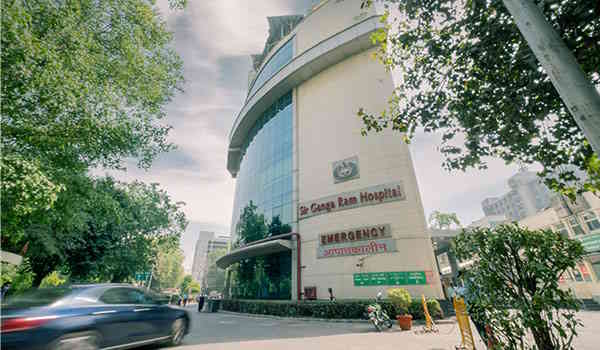
New Delhi:
In a landmark medical breakthrough, doctors at Sir Ganga Ram Hospital have successfully treated a retired woman schoolteacher suffering from severe hand tremors using a non-surgical procedure known as MRI-Guided Focused Ultrasound (MRgFUS) Thalamotomy.
The patient, who had lived with debilitating tremors for several years, had withdrawn from social activities due to her inability to perform even the most basic tasks—such as drinking from a glass, eating independently, or signing documents. Conventional treatments and medications had failed to provide relief, and the suggestion of invasive deep brain stimulation surgery had heightened her anxiety.
What is MRgFUS Thalamotomy?
According to the hospital’s medical team, MRgFUS is an advanced, non-invasive technique that uses precisely focused ultrasound waves, guided by real-time MRI imaging, to target and treat malfunctioning areas of the brain responsible for tremors. This procedure is primarily used for patients diagnosed with Essential Tremors and Tremor-Dominant Parkinson’s Disease.
Unlike traditional surgical approaches, MRgFUS does not require incisions, implants, or hospital stays—leading to significantly reduced complications and faster recovery times.
Immediate Relief and Improved Quality of Life
Upon undergoing the procedure, the patient experienced immediate improvement. “During the procedure itself, the tremors in her right hand stopped,” the doctors stated. By the following day, she was able to drink without spillage, eat independently, and even write steadily—milestones she hadn’t reached in years.
Initially planning to undergo treatment in the UK, the patient opted for Sir Ganga Ram Hospital due to long waiting periods abroad and learned that the treatment was available domestically. She consulted Dr Anshu Rohatgi, Vice-Chairman of the Department of Neurology, who explained the potential benefits of the procedure.
A First for North India
“This is North India’s first non-invasive treatment for severe movement disorders,” said Dr Ajay Swaroop, Chairman of the Board of Management at Sir Ganga Ram Hospital. He noted the technique’s significance for patients who do not respond to traditional medication or fear invasive surgery.
Dr Satnam Chhabra, Chairman of the Department of Neurosurgery, added:
“The success of this precise procedure—executed by a multidisciplinary team of neurologists, neurosurgeons, and neuroradiologists—marks a major advancement. It eliminates all risks associated with open-brain surgery.”
A New Hope for Patients with Movement Disorders
With this procedure now available in India, patients suffering from movement disorders have a new ray of hope—one that promises precision, safety, and quick recovery without the trauma of surgery. The case also underscores the growing capabilities of Indian healthcare institutions in offering world-class, cutting-edge treatments domestically.


